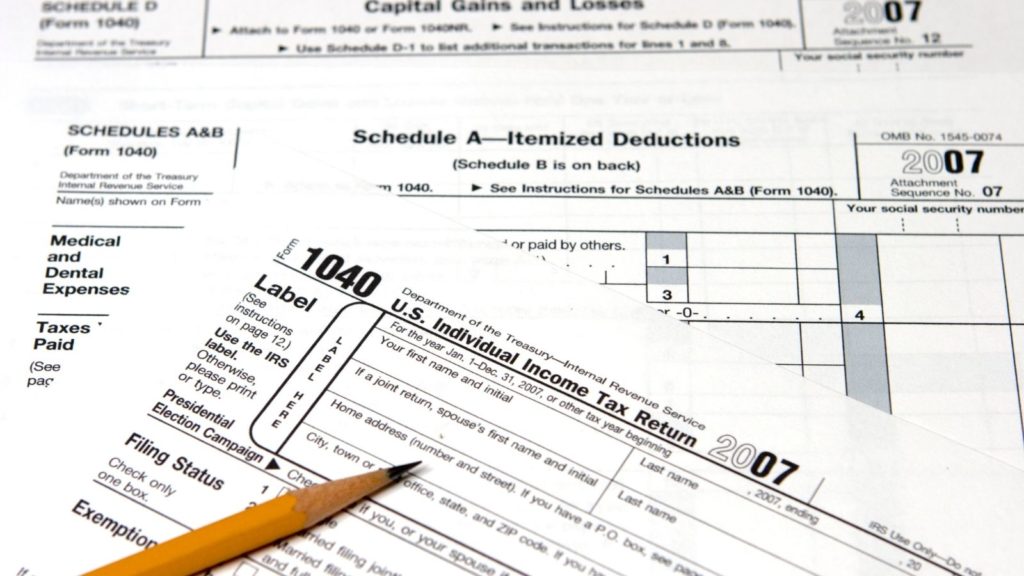There’s usually a lot of work involved in selling a home. Sellers have to list and market their properties. They need to establish an asking price for their house, have the home appraised and prepare it for open house showings. Many sellers are usually getting their home ready to sell while they’re also researching other houses to buy.
Taxes will be due on certain home sales. The amount will depend on factors such as the net proceeds from the sale and the seller’s tax return. Certain exclusions and exemptions may also apply to the transaction.
Selling a home in the Tampa Bay, Florida area can take time. The entire process may not be completed for several weeks or months. There will be different parties involved at certain steps, and there may be unexpected delays or problems from time to time. You should still be able to sell your home in most cases. Determination, patience and a proactive game plan can help you succeed.
Here are a few important things to know about taxes associated with a home sale:
Capital gains tax
Capital gains taxes may be assessed on the sale of a house. They will be applicable in the following situations:
1. If the net proceeds from the sale were more than $250,000 if filing taxes as a single individual or $500,000 if you are filing a joint tax return with your spouse. Any profit that’s below those respective dollar amounts will not be taxed.
2. You must have lived in the house that was sold for at least two of the last five years. Taxes may be applicable if you lived in the home if you sold the home within the last five years and lived in the home for less than two years during that time span. Disabled persons and active members of the intelligence community, Foreign Service or the military may be exempt from this requirement.

To determine your net proceeds, take the sale price of the house and subtract the cost basis. Your cost basis is the amount that you paid to buy the home plus any fees or money spent on improvements made to the house.
Replacing your windows, doors, heating and/or air conditioning system and appliances are examples of improvements that can be subtracted. Other examples are landscaping, a new driveway or fence, adding a deck, home expansions or remodels. It’s a good idea to keep any and all receipts for those projects so that you can accurately calculate your cost basis.
We”ll use the following example to show how net proceeds are determined. Let’s say that your home sold for $400,000. If you purchased the house for $250,000 and spent $50,000 on upgrades and improvements, your total cost basis would be $300,000. Taking the $400,000 sale price and deducting your $300,000 cost basis would result in a net profit of $100,000 from the transaction. This net amount would not be subject to capital gains taxes.
Requirements to qualify for capital gains exclusion
There are a few requirements that must be met for you to qualify for this kind of capital gains exclusion. They are as follows:
1. You have to have owned the house that was sold for at least the last two years.
2. This kind of exclusion cannot already be used on a different home that you owned during the last two years. The exemption can only be applied to one house at a time.
3. The house that was sold must have been your main residence for at least two of the last five years. You can’t claim this exclusion on vacation, rental or retirement properties, for example.

4. You can’t be eligible to pay expatriate tax. Expatriate tax is assessed on people who are no longer a country’s tax resident.
5. The home cannot have been sold as a 1031 exchange in the last five years. A 1031 exchange is a transaction where one property is basically traded for another similar property.
You may be able to claim a reduced exclusion in certain situations. Changes in health, employment or other situations that could not be reasonably anticipated which resulted in the need to sell your house in less than two years may qualify. Be prepared to provide documentation in those situations to verify the reasons why you are claiming this particular exemption.
Short term capital gains tax
Short-term capital gains tax may be due if you owned the home that was sold for less than a year. The tax rate should be the same as your usual income tax rate. Long-term capital gains tax can be assessed if you sold your house after owning it for more than a year. Capital gains tax rates are zero, fifteen, and twenty percent. Most home sellers who need to report capital gains tax will fall in the zero percent bracket.

If you have a 1099-S tax form, you will need to report income made from the house sale in most instances. This tax form is usually delivered to home sellers who have to report the sale on their income taxes. The sale should be reported even if you meet the conditions for a capital gains exclusion.
Conclusion
You can always consult your accountant or tax attorney if you have questions or concerns regarding any taxes that may be required as a result of the home sale. They should be able to inform you of any exclusion and exemptions that you may qualify for and help figure out your cost basis and net proceeds from the transaction.
Any capital gains taxes that you are responsible for must be paid in the same tax year. Taxes on a property sold before the April 15th tax deadline must be paid by that deadline..If your house was sold after that date, the capital gains taxes would be due by April 15th of the following year.
Taxes aren’t always enjoyable, but they are a necessary component of home sales at times. You have one less thing to worry about after they’ve been paid and filed. You can concentrate on the next phase of your active life and enjoy spending quality time with loved ones in a new location.
Have Questions? Ask Liz!
Give Liz Welch a call today to learn more about local areas, discuss selling a house, or tour available homes for sale.





